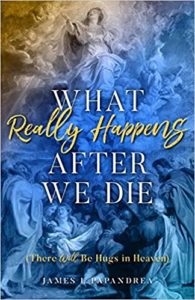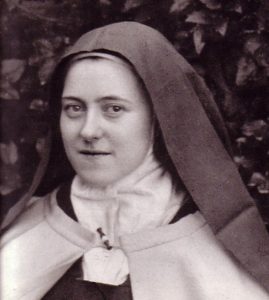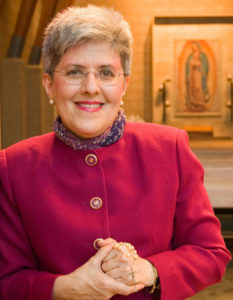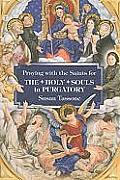Podcast: Play in new window | Download (Duration: 30:11 — 20.7MB) | Embed
Subscribe: Apple Podcasts | Spotify | Amazon Music | Android | Pandora | iHeartRadio | JioSaavn | Podchaser | Gaana | Podcast Index | Email | TuneIn | Deezer | Anghami | RSS | More
Episode 9 – John 4: The Samaritan Woman pt.1
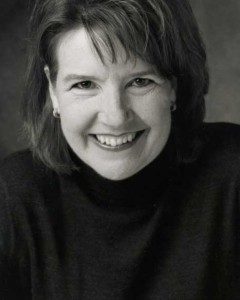
As we continue our journey through the Gospel of John, Sharon looks back at John 3, showing how the bridegroom imagery flows into chapter 4. With the fall of mankind, marital discourse entered the world and has persisted ever since, as demonstrated in the stories of Adam and Eve and of Abraham and Sarah. Living by the flesh, Abraham and Sarah conspire to preserve his heritage by having her servant Hagar bear a son, Ishmael. As punishment, God is silent for 13 years until in an act of obedience, Abraham lives by the Spirit, trusting the Lord to bless his aged wife with a son, Isaac. Sharon then teaches us about the Samaritans, whom the Jews consider to be apostates. Believing they preserve the authentic faith, the Samaritans practice the ritual of circumcision and observe the Sabbath, but they only follow the five books of the Torah. Contrary to the Jews who worship at the temple in Jerusalem, the Samaritans believe that Mt. Gerizim is the original holy place and center of worship. The Samaritan faith traces its origins to the Assyrian exile of 722 BC. After conquering the northern 10 tribes of Israel, the Assyrian king imported people from five different countries to live and intermarry with the people of the northern kingdom, which effectively diluted their culture and religious practices. In 120 BC, the Maccabees from the southern kingdom destroyed the Samaritan temple at Gerizim. In 9 BC, the Samaritans retaliate by desecrating the temple in Jerusalem at the required Passover time. Clearly, there was bad blood between the Jews and the Samaritans. This background sets the stage for the dramatic interaction between Jesus and the Samaritan woman at Jacob’s well. Her story is an intimate encounter with the person of Christ, yet it can also be seen as symbolic of the story of the northern tribes. She represents northern Israel, the unfaithful bride that intermarried with five different countries (husbands). Later in John 8, we will hear the story of the adulterous woman in Jerusalem who represents the unfaithful southern tribes of Israel. Jesus fully reveals himself as Messiah to this Samaritan woman, offering to her the living water that she thirsts for. Through her spiritual betrothal to Jesus, her final, seventh, perfect, bridegroom, the Samaritan woman undergoes a radical transformation and brings Christ to her own people. We learn more about this woman, who is identified by the Church as St. Photina: she became a bold witness to Christ throughout the region, ultimately suffering a martyr’s death at the hand of Nero when she dies at the bottom of a well.
Sharon Doran serves as the teaching director of “Seeking Truth.” An experienced Bible Study teacher, Sharon has a passion for scripture that will motivate and challenge you to immerse yourself in God’s Word and apply His message to your everyday life.
For more in this series visit the Seeking Truth with Sharon Doran Discerning Hearts page
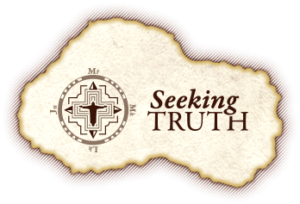 “Seeking Truth” is an in-depth Catholic Bible Study, commissioned by the Archdiocese of Omaha in response to John Paul II’s call to the New Evangelization as well as Pope Benedict XVI’s exhortation for all Catholics to study scripture. To learn more go to www.seekingtruth.net
“Seeking Truth” is an in-depth Catholic Bible Study, commissioned by the Archdiocese of Omaha in response to John Paul II’s call to the New Evangelization as well as Pope Benedict XVI’s exhortation for all Catholics to study scripture. To learn more go to www.seekingtruth.net

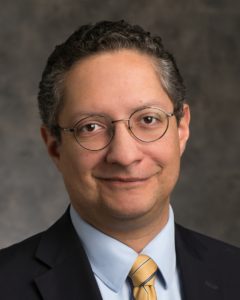 Episode 34- Regnum Novum: Bringing forth the New Evangelization through Catholic Social Teaching with Omar Gutierrez – We continue the study of the “
Episode 34- Regnum Novum: Bringing forth the New Evangelization through Catholic Social Teaching with Omar Gutierrez – We continue the study of the “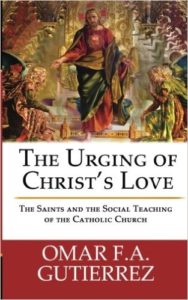
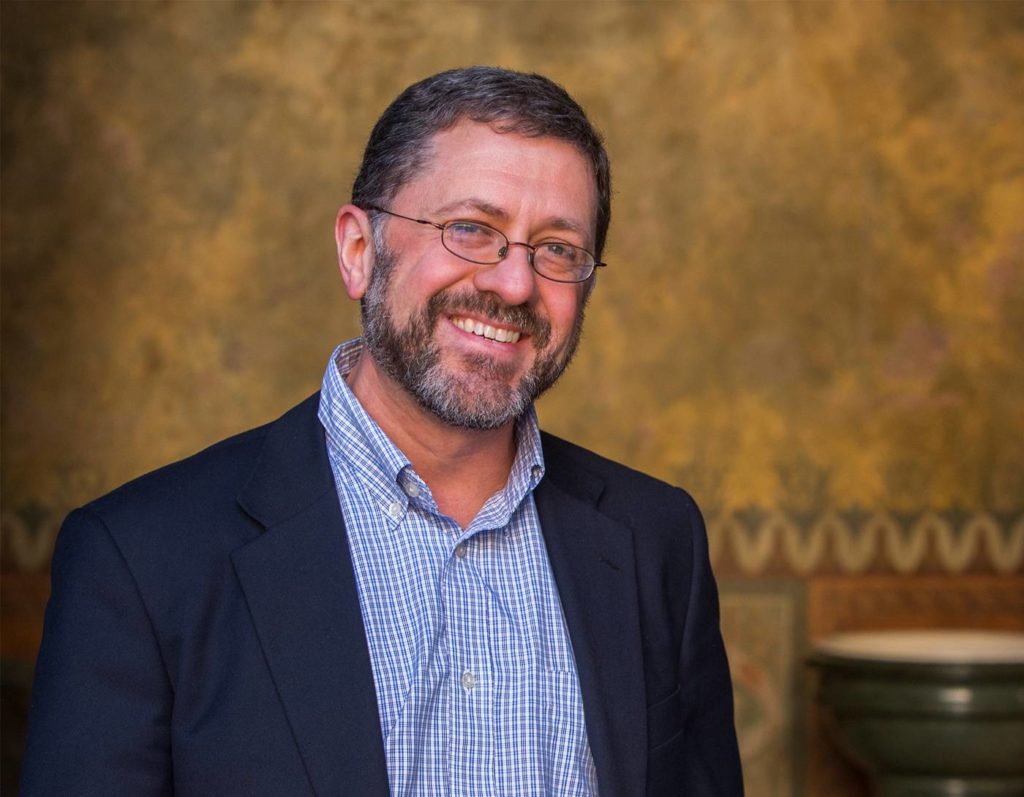
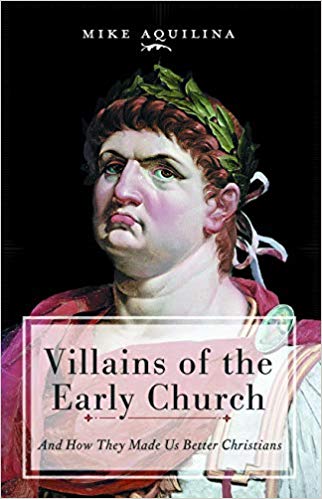

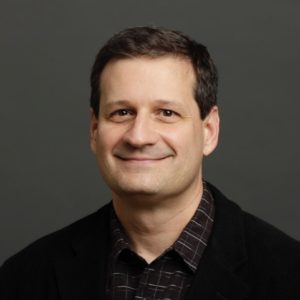 What a delight to be joined once again by Dr. James Papndrea, especially to discuss his book “What Really Happens After We Die: There Will Be Hugs in Heaven.” In part 2 of this podcast, we discuss Heaven and the reality of Hell.
What a delight to be joined once again by Dr. James Papndrea, especially to discuss his book “What Really Happens After We Die: There Will Be Hugs in Heaven.” In part 2 of this podcast, we discuss Heaven and the reality of Hell.
